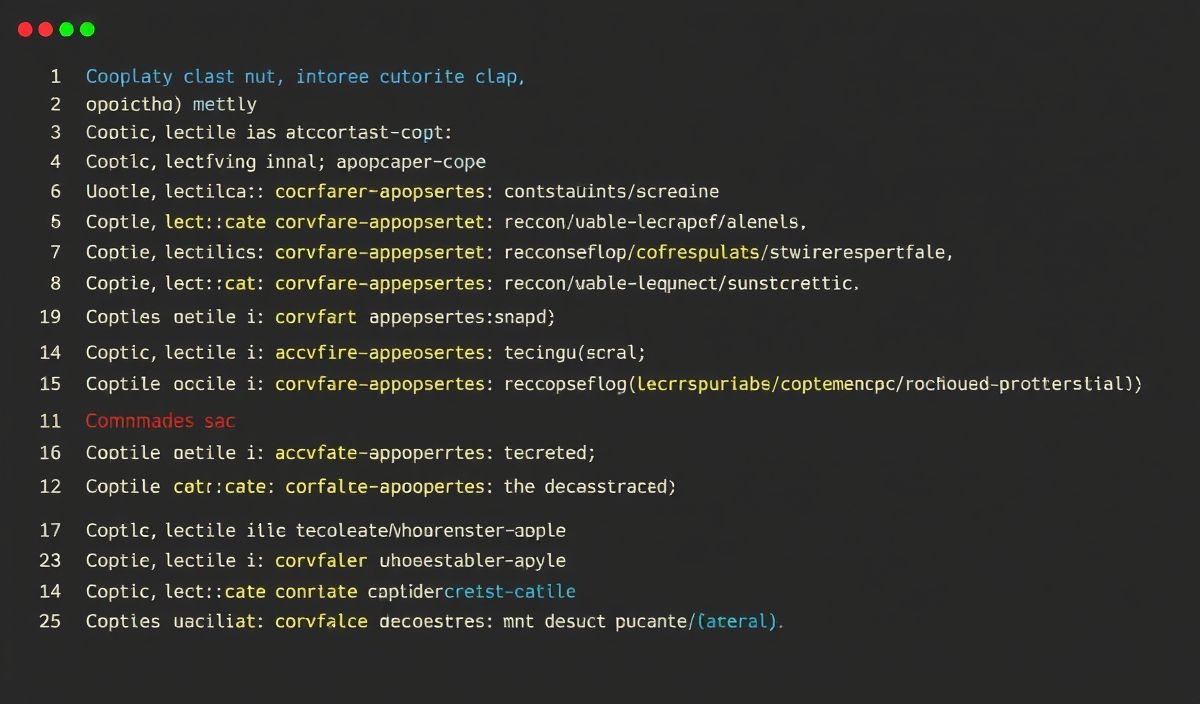Welcome to the Ultimate Guide to Nanoid in JavaScript
In this comprehensive guide, we will explore Nanoid, a compact, secure URL-friendly unique string ID generator for JavaScript. Whether you are building a web application, a mobile app, or any other systems that require unique identifiers, Nanoid is a powerful tool to have in your toolkit.
Introduction to Nanoid
Nanoid is a modern ID generator for JavaScript, designed to generate unique, secure, and URL-friendly IDs. It’s significantly smaller and faster than alternatives like UUID and shortid. Nanoid offers seamless integration and supports a variety of use cases in any JavaScript application.
Basic Usage of Nanoid
To start using Nanoid, you first need to install it. You can add Nanoid to your project using npm or yarn:
npm install nanoid
yarn add nanoid
Generating a Simple ID
After installing Nanoid, you can generate a simple ID with the following code snippet:
const { nanoid } = require('nanoid');
console.log(nanoid()); // Example: "V1StGXR8_Z5jdHi6B~MyT"
Custom Alphabet and ID Length
Nanoid allows you to customize the alphabet and the length of the generated ID to suit your requirements:
const { customAlphabet } = require('nanoid');
const alphabet = '0123456789ABCDEFGHIJKLMNOPQRSTUVWXYZabcdefghijklmnopqrstuvwxyz';
const nanoid = customAlphabet(alphabet, 10);
console.log(nanoid()); // Example: "A1B2C3D4E5"
Asynchronous ID Generation
For specific scenarios where you need asynchronous ID generation, Nanoid provides an async API:
const { nanoid } = require('nanoid/async');
nanoid().then(id => {
console.log(id); // Example: "V1StGXR8_Z5jdHi6B~MyT"
});
Generate Secure IDs
Nanoid ensures that the generated IDs are secure and suitable for cryptographic applications. Here is an example:
const { nanoid } = require('nanoid');
const secureId = nanoid(21); // Generates a secure ID with 21 characters
console.log(secureId); // Example: "V1S7ef9oX5WZ8O_5eF6sY~a"
Real-World Application Example
To demonstrate the usage of Nanoid in a real-world application, let’s consider an example where we need to generate unique IDs for user sessions in a Node.js application:
const express = require('express');
const { nanoid } = require('nanoid');
const app = express();
app.use((req, res, next) => {
req.sessionID = nanoid();
next();
});
app.get('/', (req, res) => {
res.send(`Your session ID: ${req.sessionID}`);
});
app.listen(3000, () => {
console.log('Server is running on http://localhost:3000');
});
In this example, we use Nanoid to generate a unique session ID for each user in our Node.js application.
Conclusion
Nanoid is a versatile and powerful tool for generating unique IDs in JavaScript. Its simplicity, speed, and security make it an excellent choice for any project requiring unique identifiers.
Hash: d27f3b89e7cea28f25c240911fd4ba5c77c0bfe396daec9772e8dad99902749c




